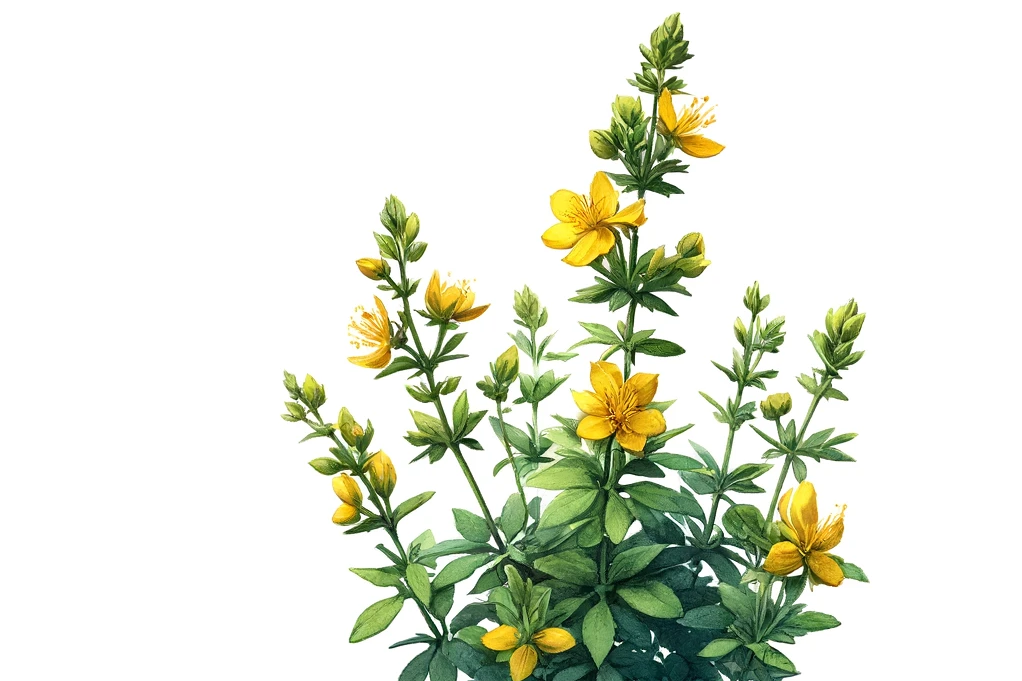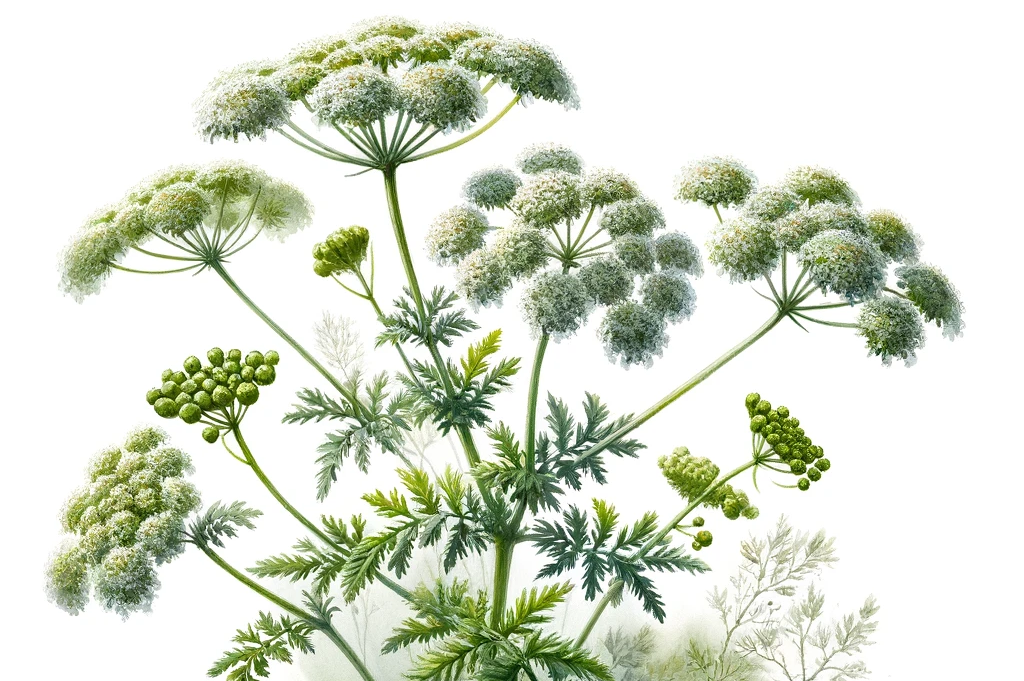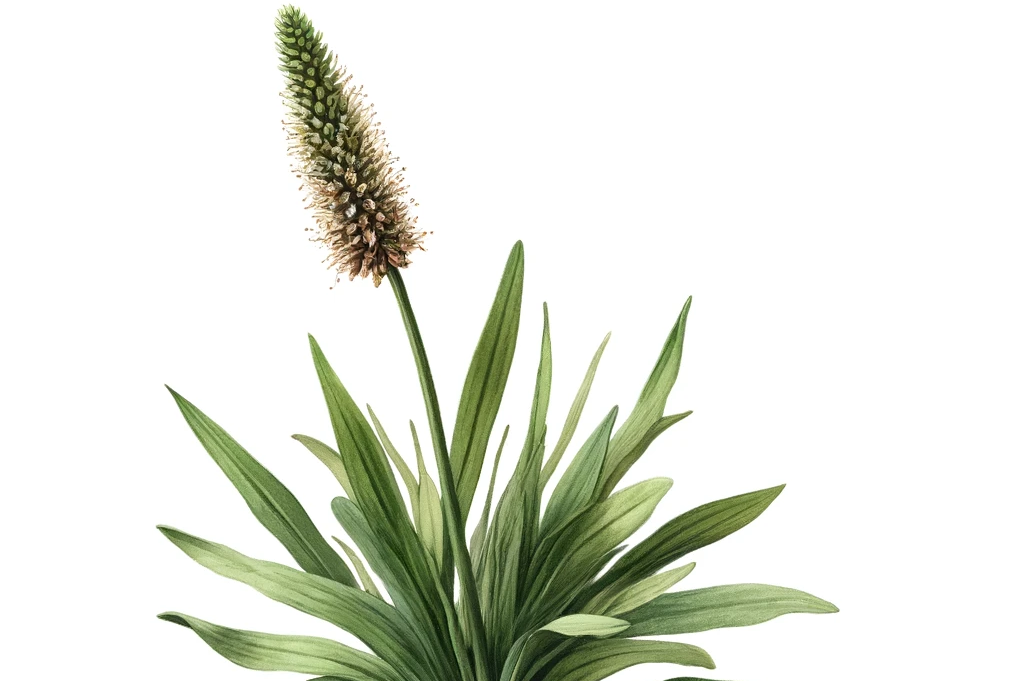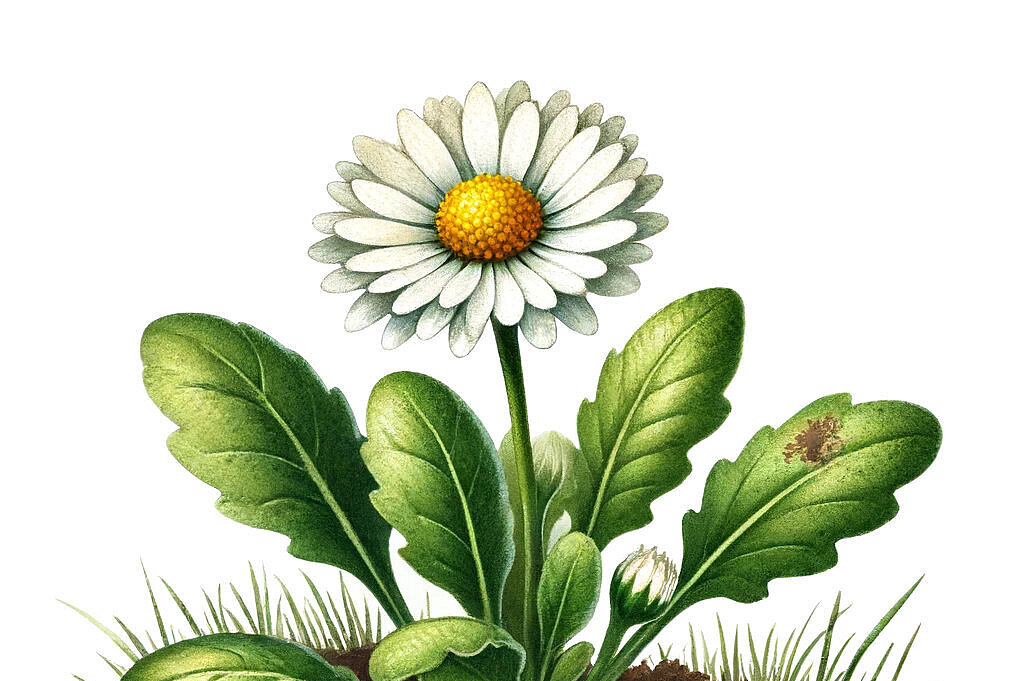Field henbane
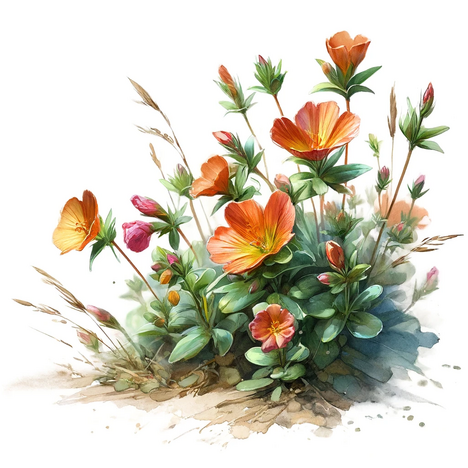
What is field henbane?
Field henbane is a small, ground-hugging plant known for its bright orange or red flowers. It belongs to the Primulaceae family and can be found in many temperate climates. The plant has a long tradition in folk medicine and is valued for its anti-inflammatory and antimicrobial properties.
Botanical characteristics
- Growth form: Field pimpernel grows as a low, spreading plant with finely branched stems.
- Leaves: The leaves are oval, opposite and have a glossy surface.
- Flowers: The flowers appear individually at the ends of the stems and only open in direct sunlight.
- Habitat: A location in open fields, gardens and unused land is preferred.
Benefits of field couch grass for dogs
Natural anti-inflammatory effect
Field henbane contains saponins and flavonoids, which are known for their anti-inflammatory properties. These can help to relieve skin inflammation and promote the healing of minor wounds in dogs.
Supporting skin health
The antimicrobial properties of field pimpernel can be useful in the treatment and prevention of skin infections. This makes it a valuable addition in the care of dogs with susceptible skin.
Potential benefits for digestion
Although research in this area is still limited, it is thought that field pimpernel may have a mild laxative effect, which could help to promote healthy bowel function in dogs.
Disadvantages and risks
Toxicity
Although field henbane is used in traditional medicine, it is important to note that the plant can be toxic to dogs (and humans) in larger quantities. Symptoms of poisoning can include vomiting, diarrhea, lethargy and even heart problems in severe cases.
Allergic reactions
Some dogs can have allergic reactions to field henbane, especially if they have a history of plant allergies. Skin irritation and allergic reactions are possible side effects.
Interactions with medications
There are potential interactions between the active ingredients in field henbane and certain medications. If your dog is taking medication, it is essential to speak to a vet before introducing Acker-Gauchheil into their diet.
Integration into the dog's diet
The use of Acker-Gauchheil in a dog's diet should be done with caution and under expert guidance. Here are some guidelines:
- Consult a veterinarian: You should always consult a veterinarian before introducing new ingredients into your dog's diet.
- Start with small amounts: To minimize the risk of side effects, start with small amounts and monitor your dog for signs of intolerance or allergic reactions.
- Use as a supplement: Field hay should only be used as a supplement to a balanced diet, not as the main ingredient.
Field pimpernel offers potential health benefits for dogs, particularly in terms of skin health and anti-inflammatory effects. However, caution is advised as the plant can be toxic in large quantities and may interact with medications. Careful dosing and consultation with a veterinarian are essential to ensure the safety and health of your dog. When used correctly, field henbane can be a valuable addition to your four-legged friend's natural care regimen.
Properties 8
Are you looking for other ingredients with a specific property?
Just click on them to find more.
If you notice any signs of hypersensitivity or poisoning in your dog, you should see your vet immediately. We are not a substitute for a vet, but we try to be as accurate as possible. Every dog reacts differently and we recommend you get a second opinion or consult your vet if in doubt.
Stay healthy and take good care of your four-legged friend!😊
Similar to Field henbane
St. John's wort, also known as Hypericum perforatum, is a flowering plant that is native to Europe, Asia and North America. The plant has been used for centuries in folk medicine to treat various...
Yarrow (Achillea millefolium) is a perennial plant from the Asteraceae family. It has finely pinnate leaves and white or pink flowers that are arranged in flat umbels. The plant grows to a height of...
Ribwort plantain (Plantago lanceolata) belongs to the plantain family and is native to Europe, Asia and North Africa. It grows mainly on nutrient-rich soils and is very adaptable. Ribwort plantain...
The daisy (Bellis perennis) belongs to the daisy family and is a perennial plant that is common in Europe, Asia and North America. It has a short stem with a rosette of spatulate leaves and a flower...
